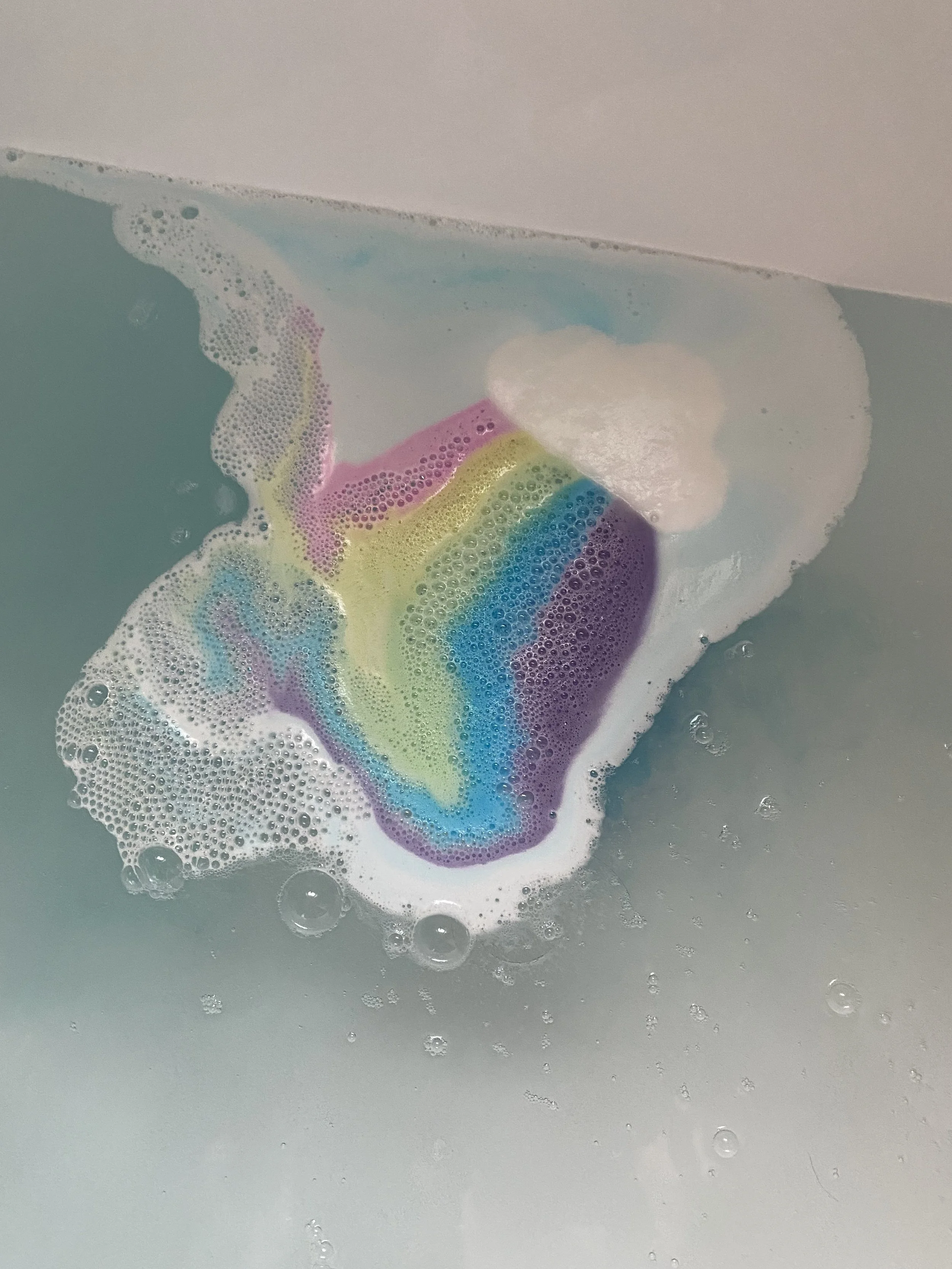
Every person’s unique abilities will differ from one another, as no one person is the same.
It is unfortunate that individuals with a suspected or confirmed neurodevelopmental diagnosis, such as autism or ADHD, often struggle drastically with their mental health. Many of them experience anxiety, depression, panic attacks, and obsessive-compulsive disorder (OCD), among other conditions. These may be a part of their condition, but they may also result from constant negative comments or situations in their lives or even a belief that something is wrong without fully understanding what or why.
Everyone needs to take care of their emotional wellbeing, but it's especially crucial for those with neurodevelopmental disorders. Learning various coping strategies can significantly improve your wellbeing and, in some cases, significantly reduce negative impacts. Understanding how different strategies work and affect us is crucial. The key is to keep trying until you find the right strategy that works best for you.
Being neurodiverse is not a bad thing
When people say someone is neurodiverse, what do they mean? Neurodiversity refers to the concept that people's brain wiring varies from one another, leading to different experiences and interactions. There are only so many 'correct' ways of thinking, learning, or behaving, as it varies from one individual to another. For example, individuals who have a confirmed diagnosis or are suspected to have autism, ADHD, or a learning disability are considered neurodiverse.
Individuals with neurodevelopmental disorders, such as autism or ADHD, are unique and special in their own way, and they contribute a lot to the world. Since each person's abilities are distinct, we must treat everyone individually and adapt ourselves and our surroundings to assist others.
Mental Health Difficuties
Questions and Answers
How to fight the mental fight
-

Acceptance
Acceptance isn’t easy; it’s challenging and complex, but letting go of the emotion is key.
-

Knowing your child or loved one
Your child or loved one may be struggling for different reasons and not understand why.
-

Feelings, What feelings?
Acknowledging & accepting your feelings can set you free and start building your resilience.



